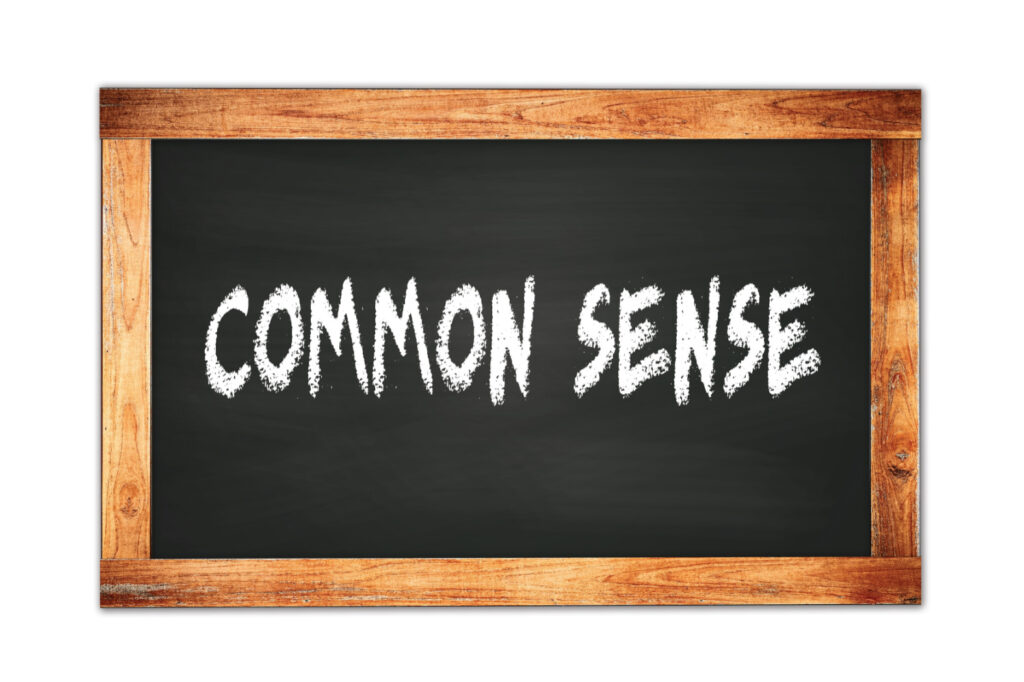When Winning Matters: A Boomer’s Take on America’s Shift from Excellence to Equity

Commitment to Excellence vs. Comfort of Equity
The question is simple: Which is better—competition centered on a commitment to excellence, or reducing competition in the name of equity and a desire to eliminate hurt feelings? Your outlook might well depend on your generation. This aging Boomer believes the former is better than the latter by order of magnitude. Further, I believe if America is to remain a great country, we should resist attempts to shame us into accepting anything less than a commitment to excellence.
Participation Trophies and the Decline of Standards
Much has already been written on how participation trophies helped start us down the wrong path. We could not have anyone feel they were not a star of some sort. Thus, the act of showing up resulted in winning a trophy. Alone, this is not necessarily bad. However, when it comes at the cost of not fully appreciating those participants who actually did excel, that is not okay.
Competition Builds Teamwork and Character
A team sport is best and most enjoyed when its members set aside their egos and work together as one. Competition is at the heart of things. You are supposed to feel better when you win than when you lose. Teaching good sportsmanship includes learning how to enjoy victory without being a jerk and also how to accept defeat gracefully. When the emphasis is on making sure everyone feels good about themselves versus doing their best to win, the wrong lessons are being learned, says this geezer.
Hard Work Over Talent
You get better at something when you commit to doing what it takes what is required to make it happen. This does not mean you succeed every time you put in the effort. At the same time, as one ages, sheer talent is unlikely to be sufficient for very long. There is an old saying that a team where its best player is the hardest worker is a team that gives itself the best chance to win.
The reason this is said is because it is true.
Teaching the Value of Winning and Losing
The sooner our children learn there is a difference between winning and losing, the better. This is not a call to lose sight of how young a competitor might be. It is not a call for a loss in good sportsmanship. It certainly is not a call for parents to behave as though their kids’ competition is just this side of the World Cup. All that is being said is that it is fine and dandy to want to win and to work hard to have it come to pass.
When Schools Eliminate Competition
As a sports fan, this drift towards not placing a premium on victory is bothersome to me. It alone does not cause me to worry about the future of our country. You do not have to look far to find examples that do cause real heartburn.
In the state where I currently reside, North Carolina, the State Board of Education has taken action to have public schools omit rank in class from transcripts. Proponents claim class ranks cause division and competition in the classroom. They are saying outright that competition is inherently a bad thing. What the hell?
Reality Awaits: Preparing the Next Generation
Our youth will become adults soon enough. In a world economy, the luxury of wanting to receive the benefits of working hard and succeeding without actually doing it is unlikely to lead to happy outcomes. Taking a guess here. Willing to bet that countries that do not wish us well, starting with China, do not give a rat’s rear end about hurting feelings.
Encouragement vs. Realism
Nobody is arguing that being rude or mean just to be mean is acceptable. We should encourage everyone to follow their dreams. Yet, we also need to be able to lovingly tell the senior in high school who cannot top 80 on the radar gun (baseball) and with a solid C average that it is not very likely they will be going to Duke, no matter how long it has been their dream.
Competition and Upward Mobility
Among other considerations is that competition provides the best chance for upward mobility. Dividing the pie as close to equally as possible will still require our elitist betters to make those determinations. Not shockingly, creating equal outcomes for the peasants does not require sacrifice on their part.
Common Sense Conclusion
Common Sense: Like anything else, competition comes with its shortcomings. Those shortcomings pale those that come from making equity and feelings the holy grail. Learn to how to win and lose. The game is called life.
RECENT










BE THE FIRST TO KNOW

More Content By
Bill Greener









